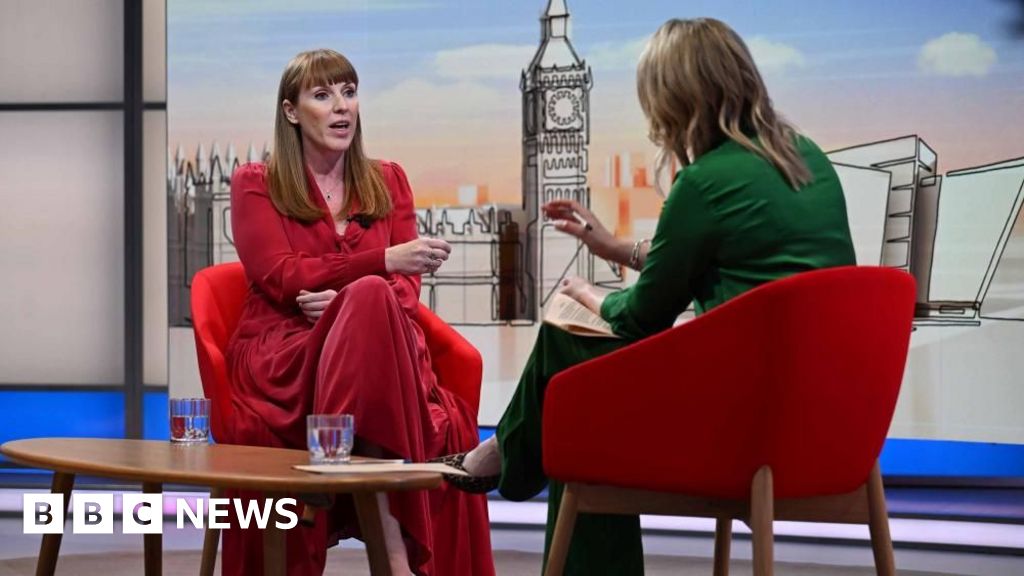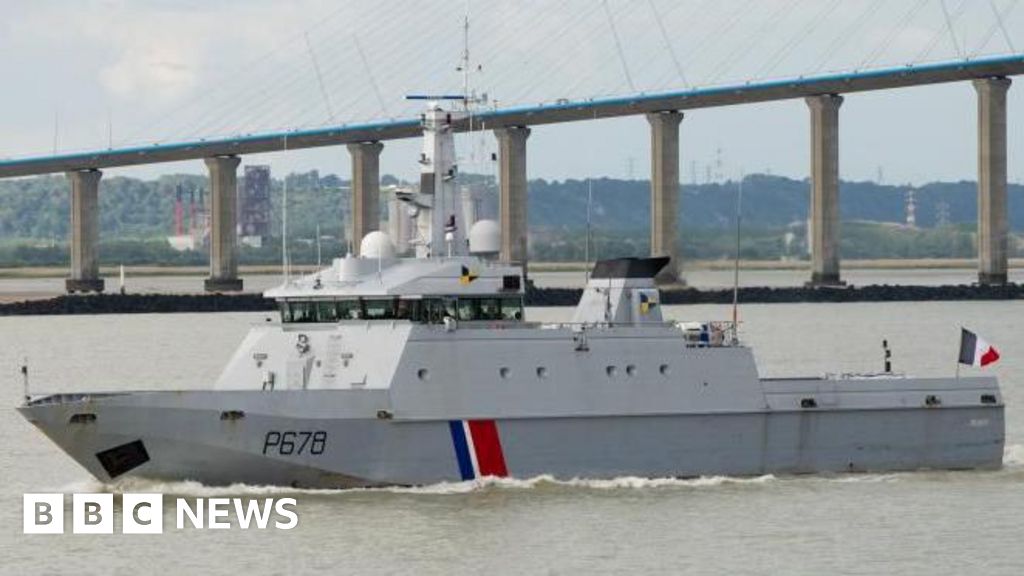ARTICLE AD BOX
By Reality Check team
BBC News
Image source, Getty Images
Talks between France and the UK about fishing rights are continuing into a second week.
The French government had threatened to take action against the UK in a dispute about the granting of licences to fish in Jersey's waters.
Tensions have arisen as both sides try to sort out the politically-charged issue of post-Brexit fishing rights.
Why is there a row over fishing licences?
Under a new post-Brexit trade deal (which came into force at the start of 2021), EU members states' boats need licences to fish in UK and Jersey waters and UK boats need them to fish in the waters of EU member states.
It was agreed in the deal that licences would be granted to boats that could prove they had fished in a particular area between 1 February 2017 and 31 January 2020.
The need to prove you have fished in a particular area in the past to get a licence is normal practice in fisheries management and there are often disputes about the evidence.
Big trawlers will routinely collect this sort of information using things like data from Automatic Identification Systems.
Smaller vessels that come from French harbours to fish around the Channel Islands, for example, would find it harder to provide this kind of proof.
The UK National Federation of Fishermen's Organisations (NFFO) says that sorting out those legitimate boats that are struggling to find the evidence they need from opportunists trying to take advantage of the situation is a normal, technical exercise: "best done through quiet dialogue and far from excitable politicians".
How has the row escalated?
Last month, the UK and Jersey denied licences to dozens of French boats.
So far, according to Jersey ministers:
- 113 permanent licences to fish in Jersey waters have been issued to French vessels
- 49 temporary licences running until the end of January have been issued
- 55 vessels have not been issued with licences
A British trawler was seized by France because it was not on an EU list of vessels that had licences to fish in French waters. The UK government said the trawler had been granted a licence but it was unclear why it was not on the list.
The following week it was released.
France has made various threats about what would happen if more licences were not issued, including:
- Limiting access to French ports for British vessels
- Increasing security checks on British vessels and trucks, which would cause disruption to trade
- Cutting the supply of electricity to Jersey or charging tariffs on it.
In response, UK Foreign Secretary Liz Truss said the government would take legal action and: "use the dispute resolution mechanism in the trade deal we signed with the EU to take action against the French".
This mechanism may involve an independent arbitration panel ruling on whether the rules have been broken and can lead to trade sanctions involving other areas of trade, not just fish.
UK Environment Secretary George Eustice then said there had been a "big de-escalation" of the row with "constructive talks" with France.
What are the new rules on fishing?
The post-Brexit trade deal outlines new rules on fishing:
- EU boats will continue to fish in UK waters for some years to come
- But UK fishing boats will get a greater share of the fish from UK waters
- That shift in the share will be phased in between 2021 and 2026, with most of the quota transferred in 2021
- After that, there'll be annual negotiations to decide how the catch is shared out between the UK and EU
- The UK would have the right to completely exclude EU boats after 2026
- But the EU could respond with taxes on exports of British fish to the EU or by denying UK boats access to EU waters.
Image source, Getty Images
How much fishing access will boats get?
Both sides agreed that 25% of EU boats' fishing rights in UK waters will be transferred to the UK fishing fleet over a period of five years.
This is known as the "adjustment period", giving EU fleets time to get used to the new arrangements. The EU wanted it to be longer, the UK wanted it to be shorter - it looks like they've met somewhere in the middle, with an end date of 30 June 2026.
The EU fishing quota, which is the amount of fish that EU boats are allowed to catch in UK waters, will be reduced by 15% in the first year and 2.5 percentage points each year after.
By 2026, it's estimated that UK boats will have access to an extra £145m of fishing quota every year. In 2019, British vessels caught 502,000 tonnes of fish, worth around £850m, inside UK waters.
The document also sets out details of how each species of fish will be shared out between the UK and the EU during the transition.
The UK fleet can expect increases in quota for 57 out of the 90 types of fish caught in UK waters every year.
But quota shares for some species like Channel cod, of which EU boats (mainly from France) catch more than 90% each year, will remain unchanged.
After the end of the adjustment period in June 2026, there will be annual talks to set the amount EU fishing boats can catch in UK waters (and vice versa) and theoretically the UK could decide to completely withdraw access to its waters for EU vessels, although the EU would be likely to restrict access to its markets and fish to UK fishermen.
What about selling fish?
UK fishermen sell a large proportion of their catch to the EU so access to EU markets is important.
In 2019, the UK fishing industry exported more than 333,000 tonnes of fish to the EU.
That accounted for nearly half of the total catch of the UK fishing fleet and roughly three quarters of total fish exports from the UK.
Some parts of the industry - such as shellfish - are totally dependent on such exports.

 3 years ago
77
3 years ago
77








 English (US) ·
English (US) ·